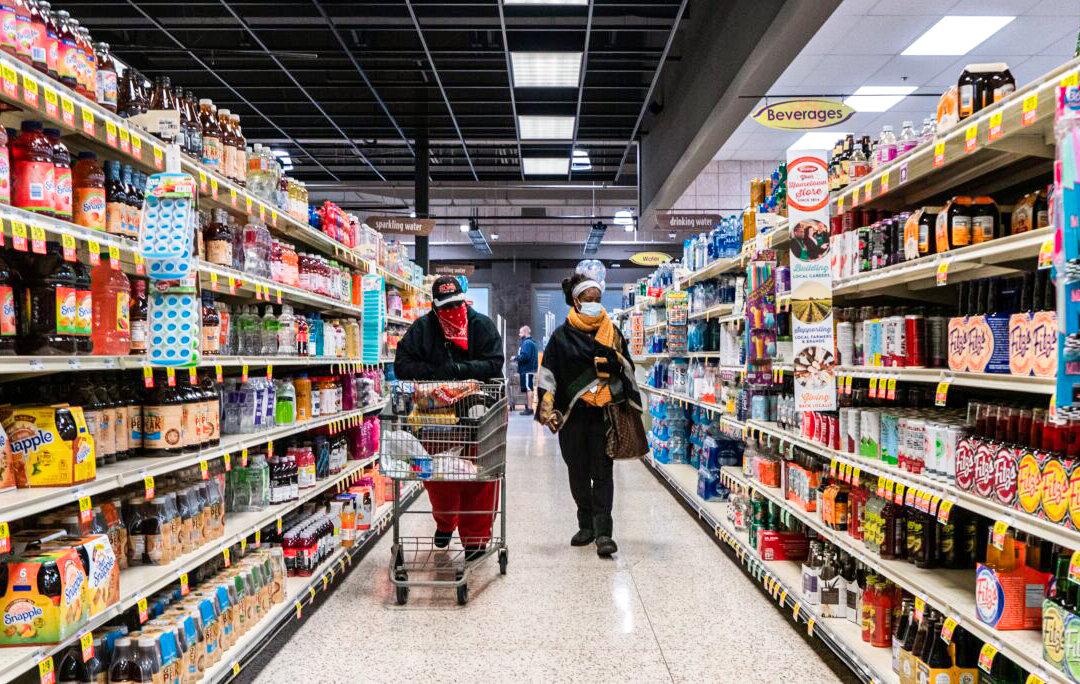U.S. price inflation will remain high until the coronavirus pandemic is officially over, says Deputy Treasury Secretary Wally Adeyemo.
Speaking in an interview with CNBC’s Hadley Gamble at the ADIPEC energy industry forum in Abu Dhabi, United Arab Emirates, on Nov. 16, Adeyemo noted that President Joe Biden has tackled many issues but conceded that more work needs to be done.





